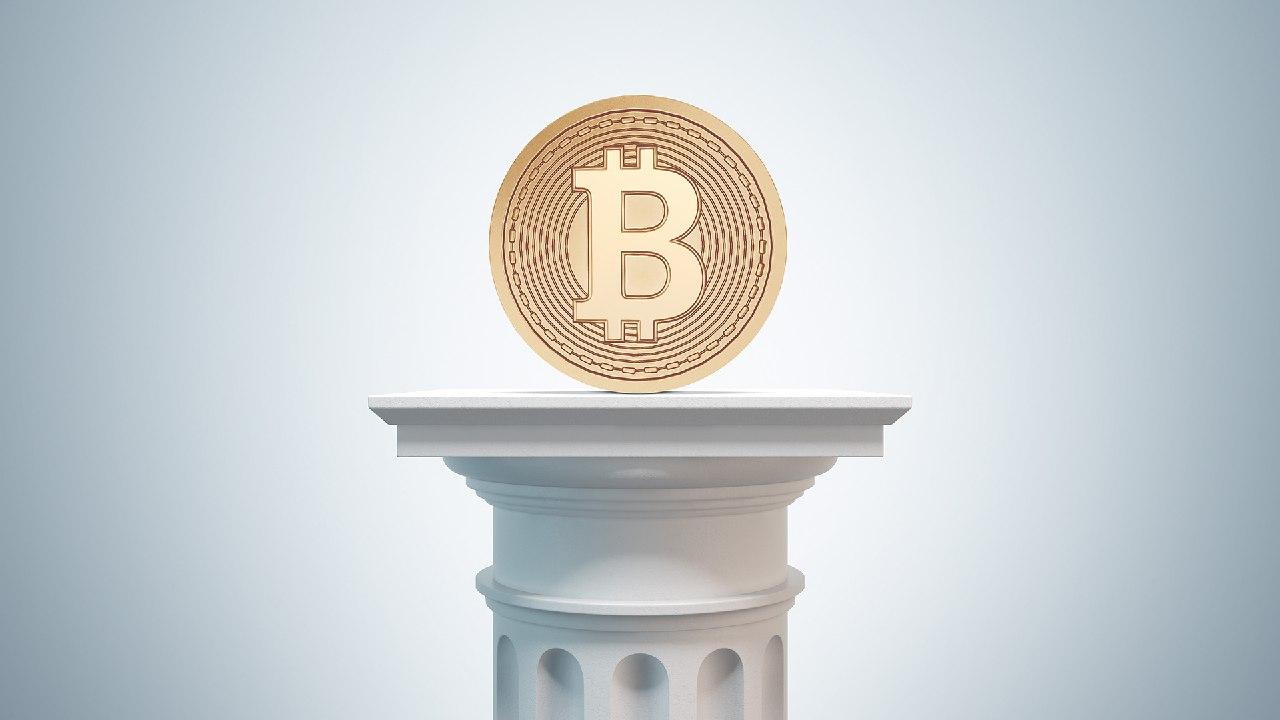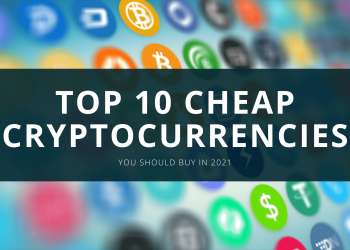The DFINITY Foundation, based in Zurich, Switzerland, is a non-profit scientific research organization. It oversees research facilities primarily in Palo Alto and San Francisco, as well as other locales.
DFINITY is a blockchain-based cloud computing startup that also backs the creation of Internet Computer (ICP), a blockchain that runs at web speed and has no capacity constraints. DFINITY’s primary goal is to create, market, and support the Internet Computer.
In essence, Internet Computer is about increasing the public Internet’s capabilities to host backend software, transforming it into a global computing platform. As a result, developers may create websites, enterprise IT systems, and online services using the public Internet.
Lauded as the third major blockchain innovation after Bitcoin and Ethereum, Internet Computer expands smart contract computation and data, runs them at web speed, quickly processes and saves data, and gives robust software frameworks to developers.
Internet Computer aims to beat Ethereum and Polkadot to become the best platform for crypto apps, with a high level of decentralization that allows anyone to join the network, build on it, or use the applications that are built on top of it. While Ethereum typically allows for building finance-based apps only, Internet Computer establishes itself as a platform that supports any type of app.
Team Background
Dominic Williams is the founder of both the DFINITY Foundation and the Internet Computer. In both of these projects, he also serves as President and Chief Scientist. Despite being a native of the United Kingdom, he moved to California in 2012 and continues to travel across the world for both of these projects’ various operations. Williams has extensive experience as a technology entrepreneur, distributed systems engineer, and theoretician.
The rest of the team is made up of skilled cryptographers from all across the world. They have a combined total of over 100,000 academic citations and 200 patents, and the team is dedicated to developing sophisticated experimental solutions to improve existing public internet infrastructure.
Technology Architecture
ICP (Internet Computer Protocol)is a powerful decentralized protocol that makes up the Internet Computer. This protocol is used by independent data centers all over the world to combine the power of individual computers into an unstoppable, seamless universe. This means that web-based software may be hosted and operate with the same level of security as smart contracts. The Internet Computer, which is integrated with Internet protocols such as DNS, can offer user experiences directly to Web browsers and cellphones.
The Network Nervous System is an important feature of the Internet Computer (NNS). Essentially, an NNS is an open algorithmic governance system that manages the network and token economics, allowing developers to create DeFi, decentralized applications, open internet services, and other hyper-scale projects.
NNS is also the self-governing software that controls everything about the Internet Computer. Additionally, it also functions as an autonomous “master” blockchain with a public key that validates all ICP transactions.
Data centers must first receive a Data Center Identity in order to participate in the open network that produces the Internet Computer. It will then be able to make node machines available to the network, which is effectively server computers with a common specification. As a result, the Network Nervous System inducts these machines and forms them into subnetworks when the Internet Computer needs more capacity. The software canisters will subsequently be hosted on these subnetworks.
Another critical feature of Internet Computer is Motoko, a modern coding language designed for developers who want to create the next generation of internet-based apps and services. Motoko was created with the Internet Computer’s unique features in mind.
Token Economics
ICP tokens, the Internet Computer’s utility tokens (known initially as DFN tokens), allow users to participate in the network’s management. Top exchanges such as Binance, Huobi Global, OKEx, XT.COM, and Coinbase currently have ICP tokens available for trading.
ICP tokens can be used in two ways:
- By locking them inside the NNS to create “neurons”. This can then be used to vote on proposals and be rewarded for them.
- They can also be converted into cycles, which are used by software canisters to power computing on the Internet Computer.
Funding and Investors Details
With a market capitalization that already exceeds 30 billion dollars, DFINITY has raised over 121 million dollars from its investors which include Polychain Capital, SV Angel, Aspect Ventures, Electric Capital, ZeroEx, Scalar Capital, and Multicoin Capital, Andreessen Horowitz, and others who were early investors of Ethereum.
Recent progress
In 2018, more than 50,000 registered participants received ICP tokens via airdrop. In December 2020, the alpha mainnet of the Internet Computer was launched.
The Internet computer network stats:
| Data Centers | 16 |
| Node Providers | 53 |
| Subnets | 14 |
| Active Nodes | 119 |
| Boundary Nodes | 6 |
| CPU Cores | 7,140 |
| Memory | 0.233PB |
| Avg DC Nodes | 7 (13.4%) |
| Avg Node Cores | 60 |
| Avg Node Memory | 1.96TB |
The Internet Computer was launched and open-sourced on May 10th of this year. Various versions of the Internet Computer have been launched in versions named Copper, Bronze, Tungsten, Sodium, and Mercury.
- Copper
The Copper version saw the debut of the DFINITY Canister SDK (V0.3.0), as well as Motoko, a new programming language for the Internet Computer that uses WebAssembly to create tamper-proof software and open internet services.
- Bronze
Bronze was introduced as a prototype for a new class of open internet services that may be powered by the Internet Computer. It was LinkedUp in this case, which is an open version of LinkedIn.
- Tungsten
A technical explanation of the Internet Computer was given during the Tungsten launch, as well as comments about how decentralized computing systems constitute the next important stage in computer technology.
- Sodium
Sodium saw the debut of the Network Nervous Framework (NNS).
- Mercury
DFINITY’s mainnet was officially launched on Mercury.
Future Roadmap
By the end of this decade, Internet Computer aspires to become the world’s principal compute platform for developing software, where its open internet structure will replace Big Tech’s closed proprietary ecosystem.
Even though other platforms like Avalanche and Solana also have a similar mission, what sets it apart is that, unlike these platforms, Internet Computer not only runs at high web speed, but it also has unlimited capacity, thereby effectively solving the blockchain and trilemma and giving people a secure, scalable, and decentralized platform. And unlike any of these platforms, which heavily rely on Amazon Web Services and other enterprise cloud providers, DFINITY and Internet Computer make use of their very own global independent data centers.
Conclusion
The Internet Computer, without a doubt, presents excellent solutions to the fundamental problems that face technology today, the majority of which stem from the public internet’s existing structure. From making it easy to develop websites, enterprise systems, and other internet services into a seamless and secure open universe, to solving some of the most complicated issues in IT and significantly helping businesses cut expenses, Internet Computer is surely set to change the world.
If you’re interested to learn more about DFINITY and Internet Computer, you can follow them on Twitter, Medium, Telegram or directly check out their website as well.

Hitesh Malviya is the Founder of ItsBlockchain. He is one of the most early adopters of blockchain & cryptocurrency enthusiast in India. After being into space for a few years, he started IBC in 2016 to help other early adopters learn about the technology.
Before IBC, Hitesh has founded 4 companies in the cyber security & IT space.
Subscribe to get notified on latest posts.




























